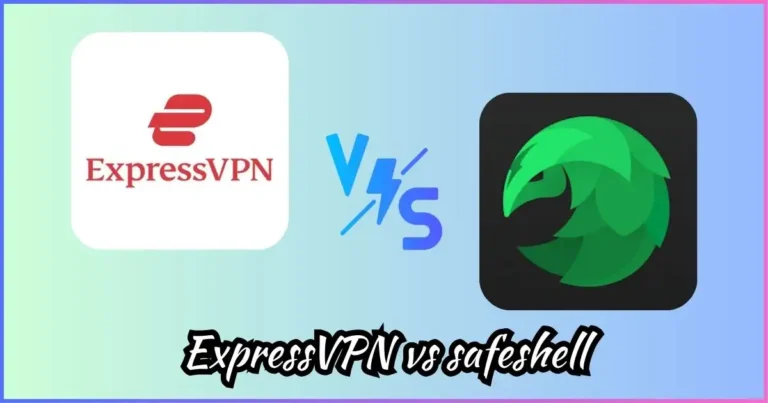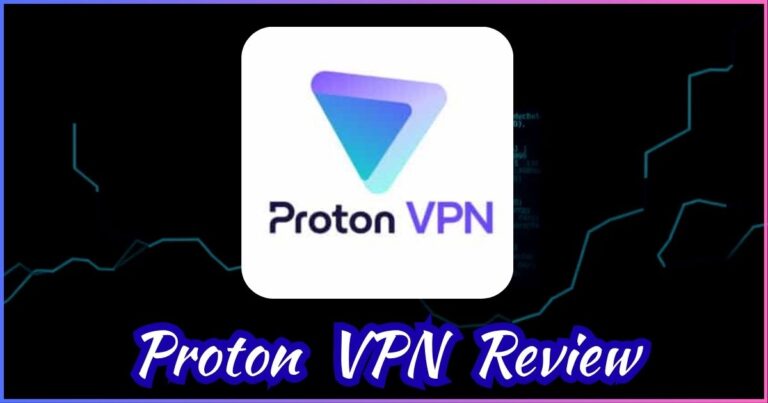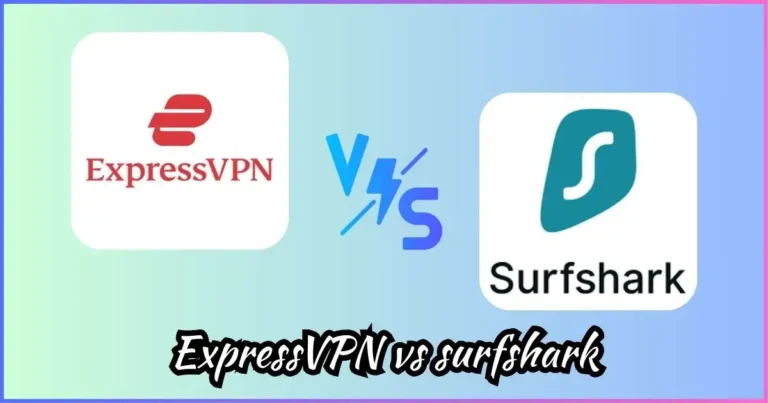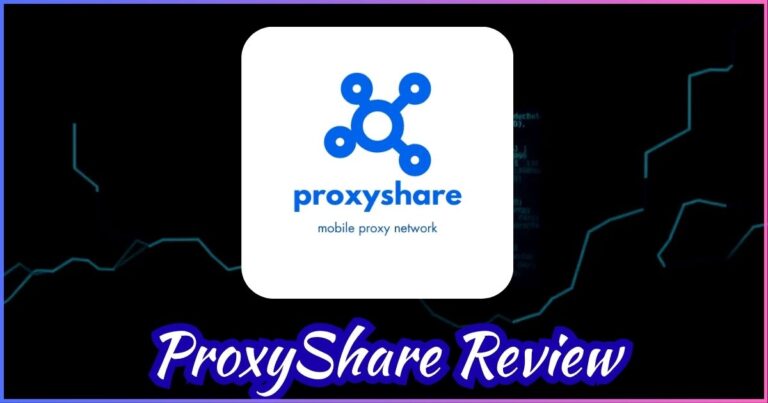Do You Really Need a VPN? When and Why to Use One
If you’re wondering “do I need a VPN,” you’re not alone. With cyber threats increasing by 38% annually and data breaches affecting millions of users, understanding when to use VPN technology has become crucial for digital safety. This comprehensive guide examines real VPN use cases, analyzes current statistics, and helps you determine whether a virtual private network is necessary for your specific situation. We’ll explore everything from basic privacy protection to advanced security scenarios, giving you the data-driven insights needed to make an informed decision.
Table of Contents
Get Premium VPN Protection Today
Secure your online activities with industry-leading encryption and global server network.
Try Surfshark VPN Now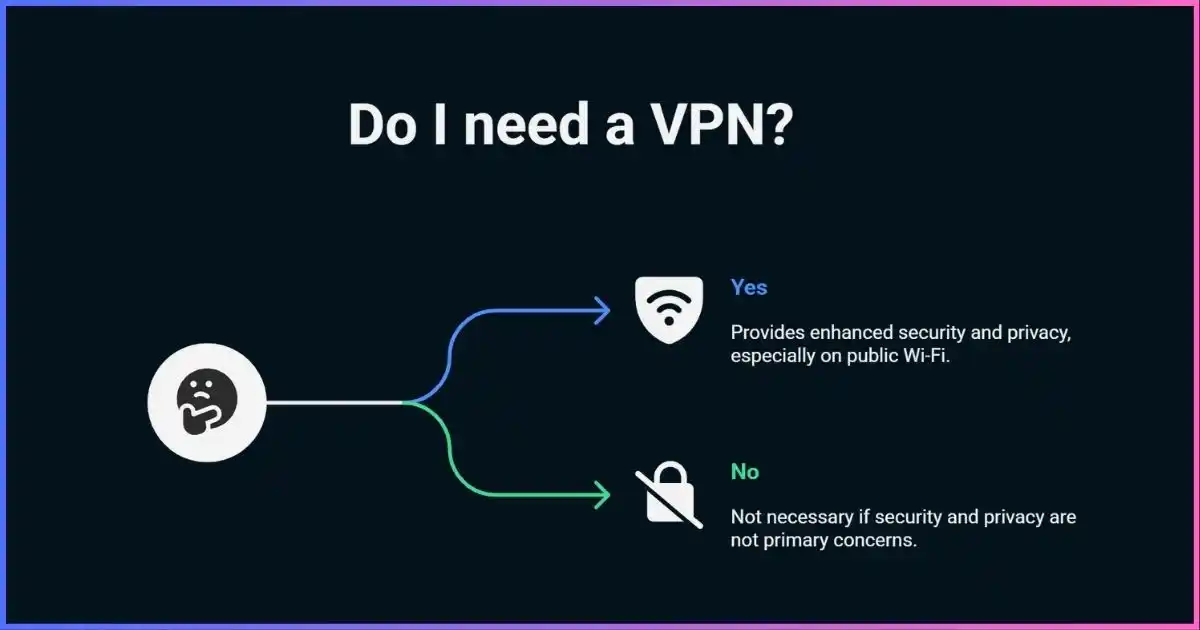
Current VPN Usage Statistics and Trends
Understanding whether you need a VPN starts with examining current usage patterns and security trends. Recent studies reveal that VPN adoption has surged dramatically, with global usage increasing by 165% since 2020. This growth reflects growing awareness of online privacy concerns and the increasing frequency of cyber attacks.
Global VPN Usage Growth
Key VPN Statistics
| Metric | Value | Source |
|---|---|---|
| Global VPN Users | 1.2 billion | Statista 2024 |
| Average Data Breach Cost | $4.45 million | IBM Security 2024 |
| Public Wi-Fi Security Incidents | 43% increase | Cybersecurity Ventures |
| Remote Work Growth | 87% of companies | McKinsey Global Institute |
VPN Usage by Region
When Do You Actually Need a VPN?
The question “when to use VPN” doesn’t have a one-size-fits-all answer. Your need for a VPN depends on various factors including your online activities, location, work requirements, and privacy preferences. Let’s examine specific scenarios where VPN protection becomes essential versus situations where it might be optional.
VPN Essential
- Using public Wi-Fi networks regularly
- Remote work with sensitive company data
- Frequent international travel
- High-risk online activities (banking, shopping)
- Living in countries with internet restrictions
VPN Optional
- Exclusively using secure home networks
- Basic web browsing and reading
- Casual social media usage
- Limited online activities
- Already using comprehensive security suite
Online Activity Risk Assessment
Real-World VPN Use Cases
Understanding VPN use cases helps clarify when this technology provides genuine value versus when it might be unnecessary. Based on user surveys and security incident reports, here are the most common and effective applications of VPN technology in real-world scenarios.
Public Wi-Fi Protection
78% of data breaches occur on unsecured public networks. VPNs encrypt your connection, preventing hackers from intercepting sensitive information.
Remote Work Security
Companies using VPNs for remote work report 67% fewer security incidents compared to those without proper protection.
Content Access
Access geo-restricted content and services. 54% of VPN users cite content access as their primary motivation.
Privacy Protection
Hide your IP address and browsing activity from ISPs, advertisers, and potential surveillance.
Safe Online Shopping
Protect financial information during online transactions. E-commerce fraud decreased by 43% with VPN usage.
Travel Security
Maintain secure connections while traveling internationally and access familiar services from anywhere.
Most Common VPN Use Cases (User Survey Data)
Ready to Secure Your Online Activities?
Join millions of users who trust Surfshark for comprehensive online protection with military-grade encryption.
Security Threat Analysis
To determine whether you need a VPN, it’s crucial to understand the current threat landscape. Cyber attacks have evolved significantly, with hackers increasingly targeting individual users rather than just large corporations. Recent data shows that personal data breaches affect 1 in 4 internet users annually, making individual protection more important than ever.
Current Threat Levels
VPN Protection Effectiveness
Cyber Threat Evolution (2020-2024)
Cost-Benefit Analysis
When evaluating whether you need a VPN, understanding the cost-benefit relationship is essential. While VPN services require a monthly investment, the potential costs of not having protection can be significantly higher. Let’s examine the financial implications of both scenarios to help you make an informed decision.
VPN Investment Costs
Potential Security Breach Costs
VPN Return on Investment Analysis
Bottom Line Analysis
A premium VPN service costs approximately $50-100 annually, while the average cost of a single data breach for an individual exceeds $4,000. This means that if a VPN prevents just one security incident every 40+ years, it pays for itself. Given that 25% of internet users experience some form of data compromise annually, the mathematical case for VPN protection is compelling for most users.
How to Choose the Right VPN
Once you’ve determined that you need a VPN, selecting the right service becomes crucial. Not all VPNs are created equal, and your choice should align with your specific use cases and requirements. Here’s a comprehensive guide to making the best decision for your needs.
Essential VPN Features Comparison
| Feature | Essential | Important | Nice to Have | Why It Matters |
|---|---|---|---|---|
| AES-256 Encryption | – | – | Military-grade security standard | |
| No-Logs Policy | – | – | Ensures privacy protection | |
| Kill Switch | – | – | Prevents data leaks if VPN disconnects | |
| Fast Connection Speeds | – | – | Maintains browsing performance | |
| Multiple Device Support | – | – | Protects all your devices |
Recommended: Surfshark VPN
Based on our analysis of security features, performance, and value, Surfshark consistently ranks as a top choice for both beginners and advanced users. With unlimited device connections, military-grade encryption, and a verified no-logs policy, it addresses all essential VPN use cases effectively.
VPN Selection Decision Framework
Assess Your Needs
Identify your primary use cases and security requirements
Compare Options
Evaluate features, performance, and pricing of top providers
Start with Trial
Test the service with a free trial or money-back guarantee
Frequently Asked Questions
Protect Your Digital Life Today
Don’t wait for a security incident to realize the importance of VPN protection. With cyber threats increasing daily and the cost of premium VPN services at just a few dollars per month, the decision to secure your online activities is clear.
30-day money-back guarantee • No commitment required
Conclusion
The question “do I need a VPN” ultimately depends on your specific online activities, security requirements, and risk tolerance. However, with cyber threats escalating and the relatively low cost of premium VPN services, the protective benefits far outweigh the minimal investment for most users.
Whether you’re a remote worker handling sensitive data, a frequent traveler using public Wi-Fi, or simply someone who values online privacy, a VPN provides essential protection that becomes more valuable each year. The key is choosing a reputable service that matches your specific needs and use cases.
Remember that VPN protection is not just about current threats—it’s an investment in your digital future. As our lives become increasingly connected and data becomes more valuable, having robust privacy protection isn’t just recommended; it’s becoming essential for anyone who uses the internet regularly.
Disclosure: We may earn commission for purchases that are made by visitors on this site at no additional cost on your end. All information is for educational purposes and is not intended for financial advice. Read our affiliate disclosure.

